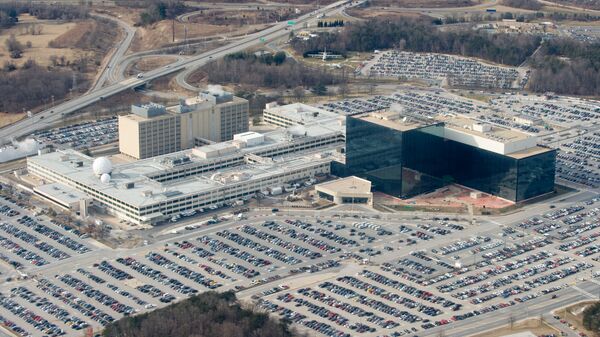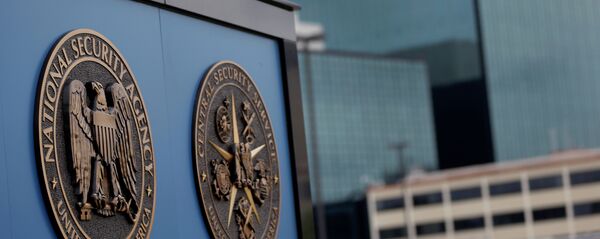The US National Security Agency has unofficially shut down a system that tracks logs of citizens’ domestic calls and text messages, a senior Republican congressional security aide, Luke Murry, said.
He specified that the agency hasn’t employed the Freedom Act programme “for the past few months”, while there is a chance of President Trump not requesting Congress to renew its legal authority, The New York Times reported.
“I’m actually not certain that the administration will want to start that back up”, Murry said.
While the agency declined to comment on the issue to the edition, Matt Sparks, a spokesman for Republican House Minority Leader Kevin McCarthy’s office, said late on Monday that Murry “was not speaking on behalf of administration policy or what Congress intends to do on this issue”.
Meanwhile, NSA spokesman Christopher Augustine stated in January that agency officials were carefully looking into all aspects of the Freedom of Act and were trying to determine its long-term future. However, the final decision, he said, would be made upon the final call from the White House.
Meanwhile, Daniel Schuman, the policy director of Demand Progress, an advocacy group that focuses on civil liberties and government accountability, shared that Murry’s disclosure “changes the entire landscape of the debate”.
Since “the sky hasn’t fallen” without the programme, to give it a fresh start, he assumed, it should be proved by the intelligence that reviving it is necessary. Another important condition is that the NSA thinks the programme is worth the effort to try to set it going, referencing the post-Snowden discovery that the phone records programme has never thwarted a terrorist attack.
President George W. Bush’s administration kicked off the NSA programme, which has since aroused a lot of controversy, as part of its counter-terrorism programme in wake of the 9/11 terrorist attacks.
Companies like AT&T and MCI are known to have initially turned over their customers’ records in response to an order by then President Bush. However, shortly afterwards the Foreign Intelligence Surveillance Court began issuing secret orders requiring the companies to participate, based on a new understanding of Section 215 of the Patriot Act, which said that the FBI may obtain business records related to terrorism probes.
READ MORE: German Forces Begin Training Courses on Armed Israeli Surveillance Drones
After intel contractor Edward Snowden sensationally uncovered the programme, bringing the sensitive issue of personal data hacks into the spotlight, Congress halted it and replaced it with the US Freedom Act of 2015, which is due to expire in December.
Under the new regulation, the bulk of records remain in the possession of the phone companies, but not the government. However, there is a nuance: with a judge’s permission, the NSA can request and swiftly obtain the phone and text logs of particular suspects, as well as of all of the people who they think have been in contact with those suspects, even if they were customers of a different phone company.




